Women in media are so often portrayed as objects, that for them being the subject is a truly unusual act. We are constantly exposed with the images of the True Millenial™, entitled, technology-obsessed, and vacuous.
The artist and creators at Delta Venus are changing the narrative. Their last Kickstarter, that was successfully funded, aims to produce a film to portray the pathos of our generation. Nicole, Sofia, Kristin and Karen describe themselves as “Four friends who struggle through professional, romantic, and existential perspective shifts.” They all co-wrote, co-directed, and co-acted in this independent film project. COVEN BERLIN wanted to have a virtual interview with them, and they were kind enough to dedicate us the time to answer our questions.
We already know (and love!) the work of Sofia Banzhaf, and read about Karen, Nicole & Kristin. However, could you introduce yourselves quickly to the readers?
Nicole Dorsey: Hi! I’m Nicole. I’m a commercial and narrative director currently based in Los Angeles.
Sofia Banzhaf: I’m Sofia, I’m a writer and actress based in Toronto by way of Germany.
Kristin Lapensée: I’m Kristin, I’m a wardrobe stylist and visual artist based in Toronto.
Karen Harnisch: I’m Karen, also based in Toronto. I produce short and feature films, mostly narrative films, and am a graduate student at the University of Toronto.
Can you tell us how you came up with the concept?
SB: The genesis really came through Karen. I remember we were location scouting for [my first short] Diamond Day, which Karen produced, and she came up to me and excitedly exclaimed that we needed to make a film together, a documentary of our lives of sort. It became evident quickly that she had already thought of a team, ie. Nicole, Kristin, and I, and wanted the process of making the film be as important as the film itself. The self-directed nature of the project was built in from the start. We spent a lot of time on the floor, arranging index cards. But for the most part, we were all responsible for our own storyline.
KH: Yes, I had just moved back home to Toronto from Halifax, a city I had fled to following a very difficult year in my life in which I ended a decade-long relationship, fell in love with someone very intensely, and had a miscarriage following an accidental pregnancy caused by a defective and recalled birth control pill. I was very solitary on the east coast, which I needed to heal from everything that transpired that year—I went for runs almost every day, explored the incredible wilds of Nova Scotia and read voraciously. When I returned to Toronto for grad school I felt awake and inspired, but I was also single for the first time in my adulthood. I didn’t know how to handle it, I reacted wildly. During that time I really bonded with Sofia and Nicole, I felt like we were all terrified but exhilarated about our lives at that time and there was comfort in that shared experience. I wasn’t entirely aware of it at the time, but I was also mourning my lost pregnancy. Kristin was going through a creative awakening around that time, so it was only natural to include her in the project.
The entire film has been filmed, written, starred, and produced by four people. This minimalist team gives more control over the artistic, technical, and political choices of the film, but it must have also posed challenges. Can you tell us about them?
ND: I think the largest challenge for me thus far has been the logistics of creating with four very busy, career-oriented people. Given it’s only us, we rely so heavily on one another to be there- physically, technically, directorially and in many ways, emotionally. And with me now abroad and the months each of us have been on other jobs, it’s been tough to arrange.
SB: Scheduling was definitely one of the most arduous aspects. There was also the issue of continuity – shooting over such a long period of time required us to be diligent about keeping certain clothes and not changing our hair. I had just discovered the joys of getting manicures and if you look closely, the color of my nails changes pretty frequently. Creatively, it was challenging to let go of ideas of how certain scenes should unfold when others had different ideas – it usually resulted in healthy discussion but occasionally there was some frustration! And as someone who’s not particularly technically gifted, learning how to operate a camera was somewhat of a steep learning curve.
KH: Nicole and Sofia are both trained actors, but I’m not, and I’m painfully self-conscious. Acting and appearing on camera has been torturous for me. The great thing about this collaboration, though, is we’ve kept each other honest and on-target. I think if any one of us were doing something this ambitious all on our own we may have given up by now. We’re in so deep, we owe it to each other to finish, and that has really motivated me to defy my fears.
KL: There is definitely something to be said for making yourself accountable to other people. It took consistent, sustained effort from all of us to get the project this far and is still needed to see it through to completion. Consistency was never my strong suit but going through this process has helped me get better at it and I’m finding it easier to work on and complete other projects as a result.
The film deals with the issues Millennials face: to which degree does the film represent your personal experiences, at a personal and artistic level?
ND: I have to laugh at this one because Margaret is pretty much a direct mirror of my life at the time of production. I had just broken up with my long-term boyfriend and felt entirely lost- like a baby deer in the headlights. I was a bit depressed, quite anxious and trying some new things that had been bubbling inside me. Margaret is basically the hyperreal, slightly more naive, version of who I was during that year.
KL: When we began this project I was really struggling to align my ideas of feminism with my artistic urges. My work tends to be hyper-feminine and somewhat sexual and I was concerned that it may be perceived as somehow anti-feminist. My character Katherine is going through that exact struggle although I made her chosen artistic expression self portraits to better confront ideas of objectification and female sexuality.
SB: I was and am really interested in sex work and sex worker rights. I wanted to capture what the work might look like on a day-to-day basis for someone who is just getting the hang of it – especially now that it’s so accessible (via the internet, through “sugar-daddy” dating websites). I was lucky enough to have a few ‘confidantes’ working in the industry although I’d say that my character’s storyline is the most fictionalized out of the four.
KH: Though the broad strokes of my character, Harriet, were quite similar to my own life when we first began filming (she’s a grad student and a filmmaker), I wanted Harriet to exist as a counterpoint to the other three leads. She is not really concerned with her own sexuality, she’s more caught up in existential and moral crises surrounding her place in the world as a filmmaker who is also a privileged white settler. After we had finished writing the film, but right at the beginning of production, I entered a committed relationship and got pregnant, which immediately transported me to a completely different hemisphere of life experience from Harriet. This made it harder for me (as a non-actor) to get through filming, and there was also the practical challenge of concealing my pregnancy.
That brings us to the next question: are some parts of your previous works, and of yourselves, reflected in this work?
ND: Delta is a departure for me. I mean, you can’t help but bring a bit of your style towards all your projects, but this is definitely much different than my past work. I like to think we created a new, joint aesthetic. I for one had touched upon feminist and social themes, but never had explored them so thoroughly through film until now.
SB: I agree that I think we found a joint aesthetic. Or rather, we are still finding it in the edit, but so far I’ve been very pleased by how coherent the style feels – something I was definitely worried about.
KH: Part of my impetus to create Delta emerged from my itch to direct again, which I hadn’t done since film school. Formally, it’s nothing like my work from that time, but I realize now that I do have a tendency to revisit characters who are introspective women. Despite the many cooks in our kitchen, I agree with Sofia that the film is emerging from the edit with a coherence I had feared it would lack. At the same time, each of us has a different interpretation of feminism, and we are not always in concert with each other. My great aspiration is that the film retains this multifaceted, at times contradictory quality.
The film itself has been funded through Indiegogo, a financing form straight from the Millennial generation. How has been your experience with this format? Did you find it less, or more stifling than the regular financing means? What are its advantages and disadvantages?
ND: Best decision we made! This film was unconventional from the start in terms of how we approached production (no funding, DIY-style), so when the hard costs arose in post, it made sense to crowd source.
KH: Crowdfunding is very difficult in that you’re constantly worrying about irritating your friends and colleagues on social media. I have produced many films for other directors, so I felt emboldened to promote my own directorial work seeing that I had never done that before within my networks. It was one of the most gratifying experiences I’ve had financing a film. I am so thankful to those who supported us.
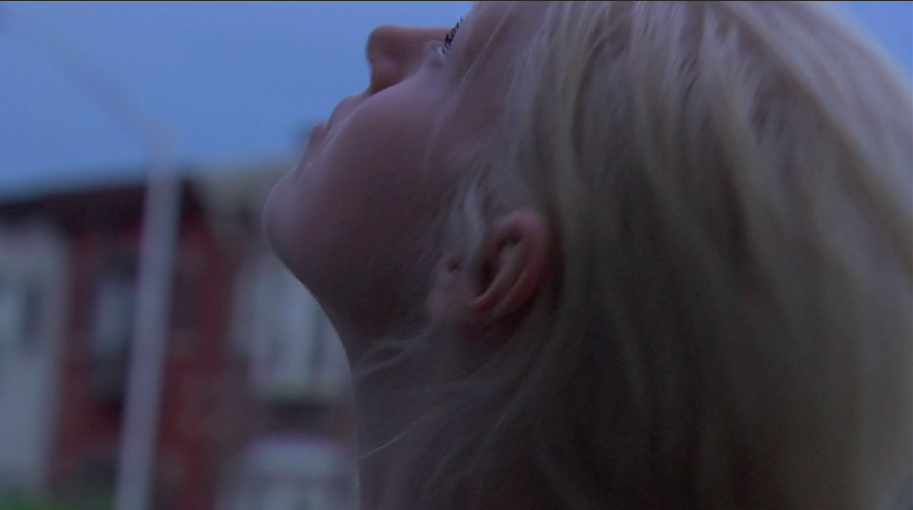
What makes you angry?
KL: When feminism is used to police other women’s actions and choices. To me feminism is about the freedom to live your life how you want, not just conforming to yet another rigid definition of what it means to be a woman.
KH: The patronizing message that young people need to work hard to “succeed”. Our world is so precarious and troubled, I think here in North America we are really being sold a bill of goods about the sustainability of our neoliberal way of life.
SB: Emotional labor & the concept of “women are just better at that stuff”, victim blaming, rape culture.
ND: Mass incarceration in America.
What are you afraid of? Do you have any insecurities?
KL: That I’ll die before I get to make all the things I want to make! I’m a bit insecure about my ability to communicate my thoughts and ideas clearly and I’m often worried that I’ve misrepresented myself.
SB: This is such a hard question. I’m afraid of everything, which is why meditation is essential to my mental health. I’m often worried that I live in a bubble of privilege and that I don’t address that enough.
ND: Hah, I’m on board with Kristin. I often fear death will come too early, right when my best work is about to emerge. I also find myself quite insecure right before I walk onto a film set, wondering if I remember or have any clue about what I’m supposed to do. Like, I’ll all of a sudden contract amnesia, and everyone will be staring at me as I try to figure out who I am, what I’m doing there and what to say to the mass of people standing in front of me. But in reality these thoughts disappear the moment I take action. I suppose it’s my weird anxiety warm-up mind game.
Could you tell us about your main examples and inspirations?
ND: I tend to look towards French and American cinema for inspiration. Céline Sciamma, Catherine Breillat, PT Anderson, Lynch, amongst others, have all proven very influential in my latest work. But I think I gain just as much from them as I do sitting on a subway and people watching for hours. Recently I’ve been penpalling with two young American men in prison, one for weapons, another for homicide. Speaking with them takes me to a life far outside my own.
SB: I’m inspired by sad girls on the internet. Marie Calloway’s book “what purpose did i serve in your life” had a huge impact on me and served in some ways as inspiration for my storyline.
KL: I’m very inspired by women who use their bodies, costumes and makeup to transform themselves into other people and tell a story visually, Cindy Sherman, Miranda July and Juno Calypso are some of my favourites.
KH: I was reading Sara Ahmed’s The Cultural Politics of Emotion and Lauren Berlant’s Cruel Optimism while writing Delta Venus, they both influenced my vision for the film immensely. At risk of grossly oversimplifying these brilliant works, they both deal with the social and cultural dimensions of emotions, how bodies are othered and made precarious in social spheres. Berlant writes, “A relation of cruel optimism exists when something you desire is actually an obstacle to your flourishing.” This is compelling and so relatable to me, and I think each of our four lead characters embody this to a tee.
What advice would have you given to your younger selves, as artists and creators, but also as women?
SB: To use my inexperience as an excuse to break rules instead of being quietly intimidated all the time, looking for a way do things ‘the right way’. There’s no right way.
ND: Stop fucking worrying and judging your craft and position as an artist in the world. Just create. There will always be someone further ahead (whatever that means) and better connected. If something is bubbling, then unapologetically let it out. Also, just learn to chill a bit. Things get better with age.
KH: Shortly after my devastating break-up in 2012, I read something my mother had written in an old journal: “I find I don’t have much to say to him when my imagination would rather be burning. His presence/my awareness of this presence makes me not move forward. Desperation is when the present charms me and makes me blind to possibilities.” I cherish and live by this now. Women are not often given leeway to put their own thoughts and feelings first in their lives, which is a problem. So many women have beautiful minds that deserve to be nourished.
KL: Use what’s available to you! You don’t need top of the line equipment and years of expertise to create things. Even if it doesn’t turn out super glossy and amazing it’s still worth doing. The only way to learn and grow is to do, don’t be so afraid of failure just start exploring and playing!
What other projects are you working on now? Have they been enriched by this one?
KH: I’m producing a small constellation of films varying wildly in scope and style, and it feels like all of them orbit around Delta Venus. I am not at all religious, but I feel blessed to have collaborated with these three incredible people. It’s been so hard and so rewarding. I’ve learned that no one film, even one directed by four people, can ever come close to capturing the multitude of human challenges that are experienced in our world. That’s a good thing.
ND: I just finished writing a feature and have a half hour series with Sofia in development. In the next month Karen and I are also making a short film back in Toronto. I try to always have a few things on the go. And have they all been enriched by DV? Of course. This film has completely affected my life, as a human and as a creator. I’m already employing some shooting techniques I discovered during production and now look at the collaborative process in a new light.
KL: I’m wrapping up post production on a short I co-wrote/co-directed with a good friend and fellow film maker Dan Sacco called Dollface which we are hoping to release in the fall.
While shooting Delta Venus I realized I would like to learn how to light people and spaces for film and photography. I built a miniature set to light, and put a barbie in it and it has since grown into a photographic series of hand crafted miniature sets depicting iconic decor and fashion from various eras starring different barbies as the inhabitants of this stylized world. The series will be released online soon.
SB: I’m working on a second book and I’m super fortunate that one of my favorite authors, Francesca Lia Block, is mentoring me. I have a few shorts in the works, Nicole and I are developing a series, and I’m shooting on ‘Reign’ and ‘Saving Hope’ this summer. One thing that Delta Venus taught me is that persistence is integral to a healthy artistic practice. There were times when the project felt like it was hanging on a thread but we always summoned the energy to keep going. And knowing that it pays off eventually has helped me have more perspective on other, more long-term projects I’m working on.
Is the film going to be available on-line, or on any viewing platform? We want to see it!
ND: And we want you to see it! I think the plan of action will be a festival run first, then we’ll take it from there. Releasing it ourselves online seems fitting, but we’ll see what legs it grows in the coming months. The project is constantly evolving.
SB: You can keep up with us through our Indiegogo where you can get a glimpse of the film – we are still trying to make our stretch goal, and you can donate and get perks (like the digital delivery of the finished film straight to your inbox!) through the InDemand function. You can also stay in touch with us individually, on Twitter:
By Esther Nelke
Images Courtesy of DELTA VENUS

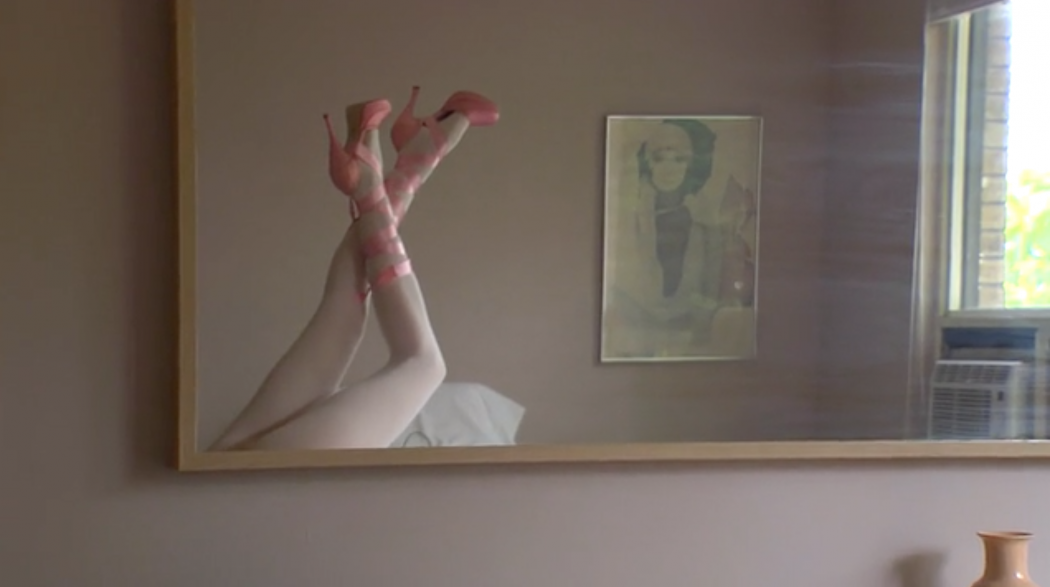
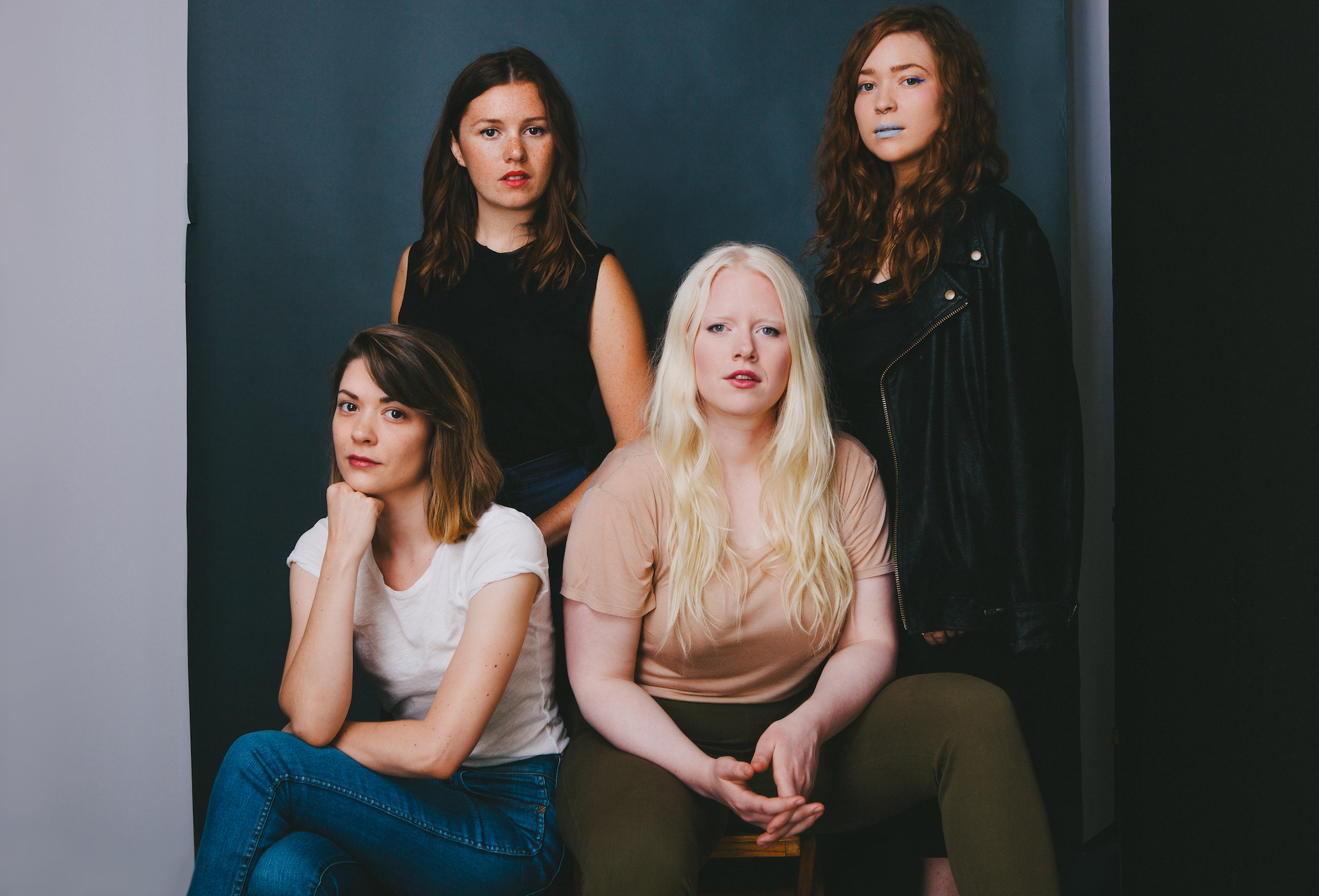
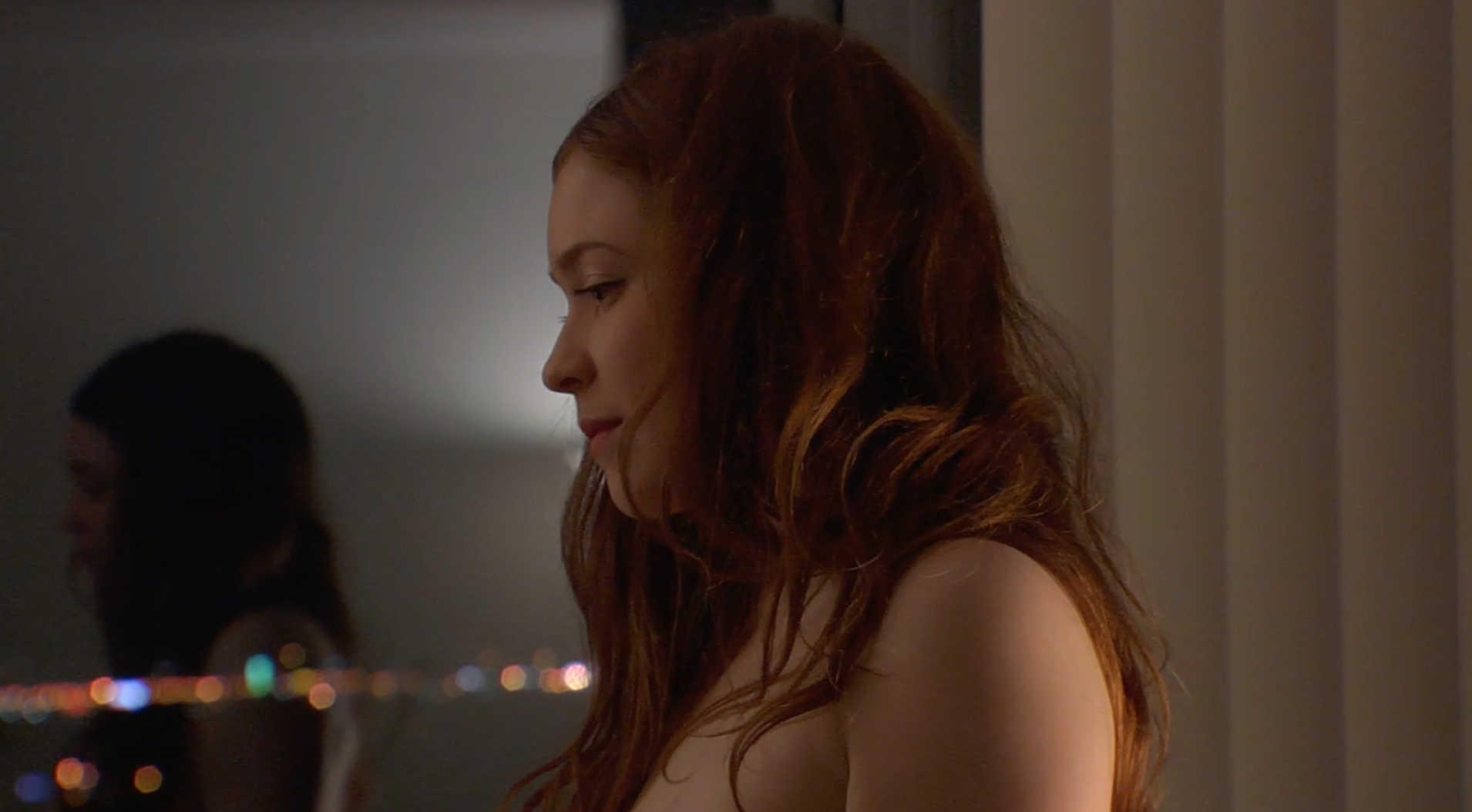
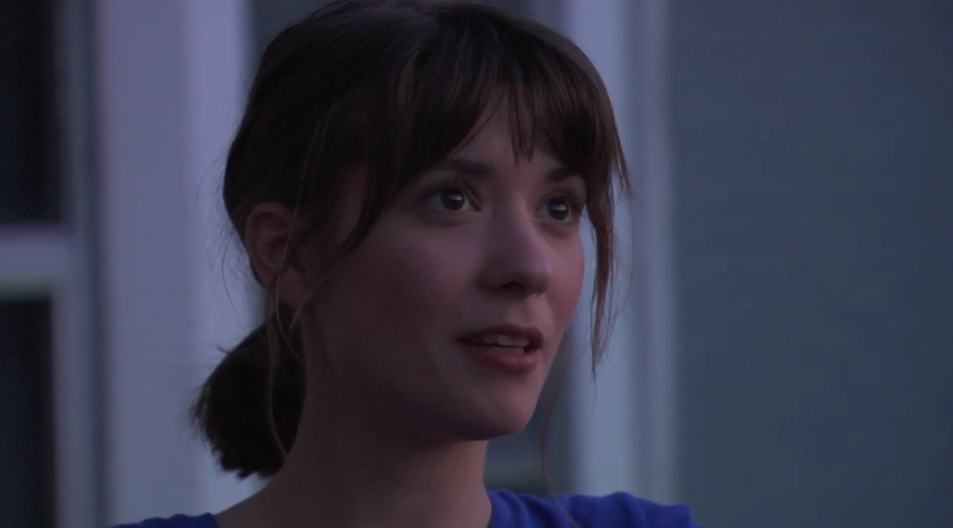
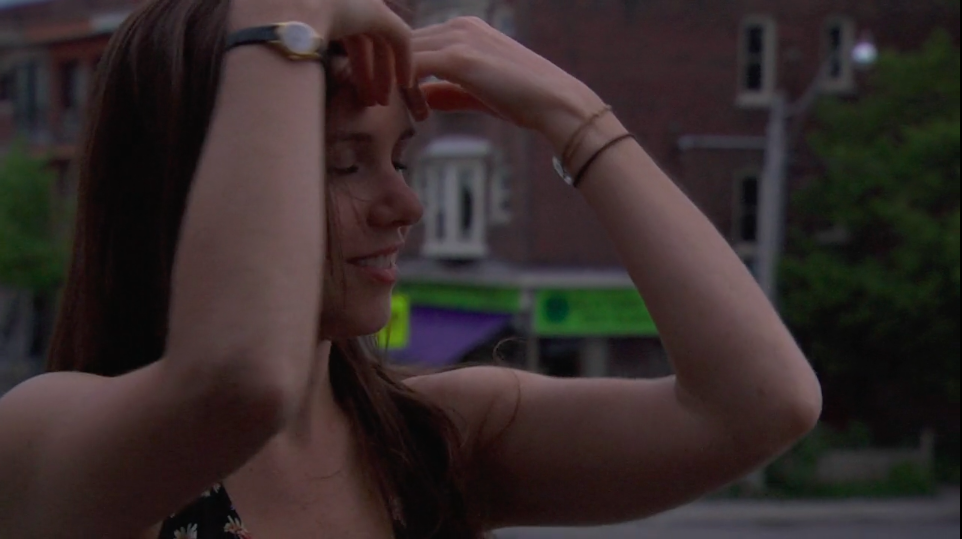
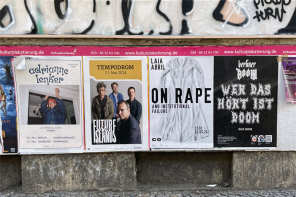
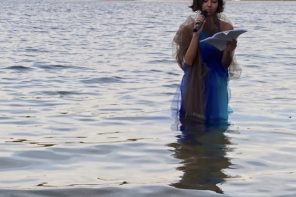
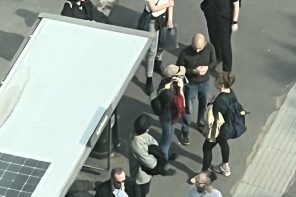
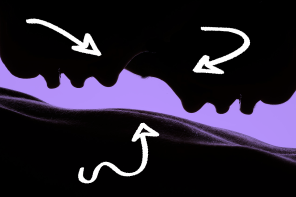
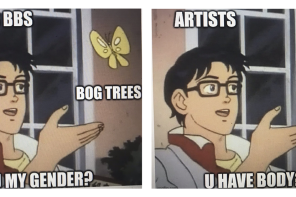
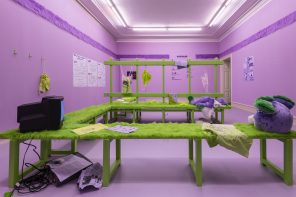
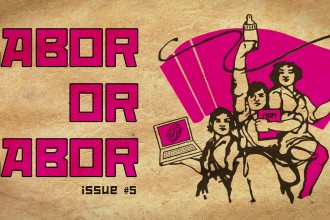
I’m just so tired of women parading around their topless bosoms in these docudramas. You have so much more value than the mounds on your chests.